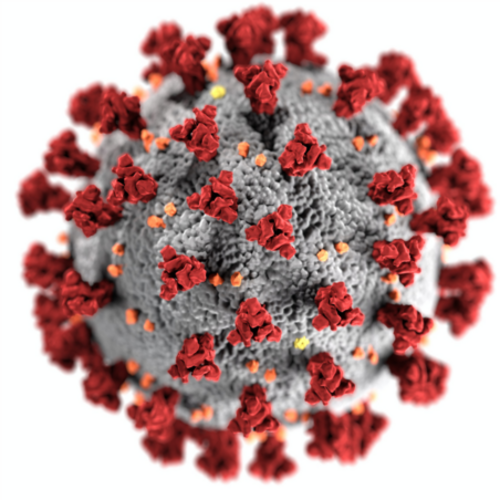In HDS-LEE, experts from different fields of data science come together to face the corona pandemic. Here are some of their current projects.
EXSCALATE4CORONAVIRUS PROJECT (E4C)
Within her research group, Prof. Giulia Rossetti targets viral proteins for drug design. This research activity is done within the framework of the EXSCALATE4CORONAVIRUS project (E4C) part of the EU coronavirus H2020 program.
This projects involves a close collaboration among three of the largest supercomputing centres in the EU (CINECA in Italy, the Barcelona supercomputing centre in Spain and the supercomputing centre of Forschungszentrum Jülich in Germany) along with a pharmaceutical company, and several universities and research institutes, for a total of 18 computational and experimental groups. The goal of the research teams is to use virtual screening to identify effective antiviral drugs against proteins that are responsible for the survival of the virus among the drugs currently commercially available. Within this framework, Dr. Giulia Rossetti and her team plan to establish an effective AI- and HPC-based platform for the generation and analysis of 3D models and protocols for experimental 3D structure resolution (X-ray, cryo-EM, etc.) of protein targets of pandemic pathogens.
The E4C team uses supercomputers to perform molecular simulations and in silico, i.e. using special programs or algorithms, biochemical and phenotypic screening of existing drugs against SARS-CoV-2. This approach allows rapid analysis of simulation results and reduces the time required for the discovery of new therapeutic agents. In fact, the EXSCALATE platform enables virtual screening on an exascale and thus the evaluation of billions of molecules against multiple targets within a few weeks. This is particularly useful for pandemic viruses such as coronavirus, where the immediate identification of effective treatments is of major importance.
The E4C team was funded by the EU call: H2020-SC1-PHE-CORONAVIRUS-2020: Advancing knowledge for the clinical and public health response to the 2019-nCoV epidemic
To learn more about the activities at FZJ, please have a look here.





